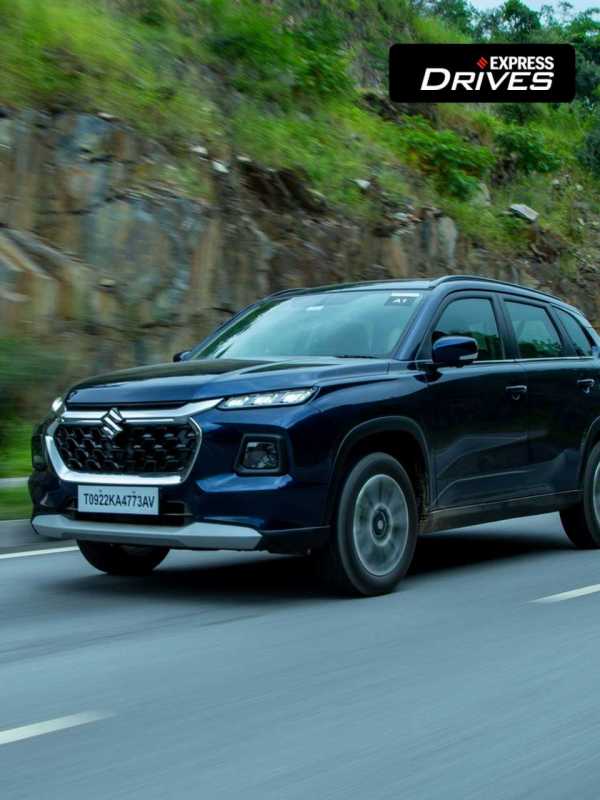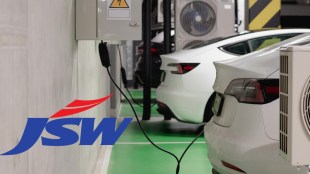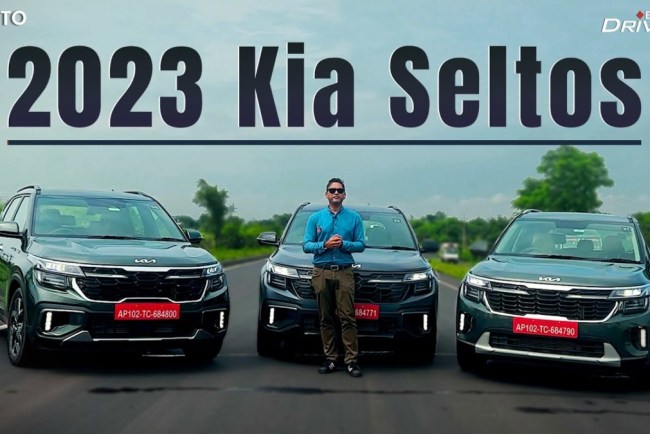By Dr Anshul Gupta
Sustainable options are becoming more and more popular as mindful consumption gains momentum. Promoting a natural lifestyle, a rising number of people have grown more aware of their actions, stressing environmental conservation. A Bain & Company report shows that sustainability is becoming more popular in India, with 49% of customers prioritising their health and 20% prioritising social and environmental concerns.
Amongst cutting-edge sustainable alternatives, one option that has gained tremendous popularity is electric vehicles. The size of the India electric vehicle market is projected to hit $34.80 billion in 2024 and is anticipated to grow at a compound annual growth rate (CAGR) of 26.05% to reach $107.74 billion by 2029, according to a report by Mordor Intelligence. Propelling the growth of EVs in India, the government has taken the lead and introduced various policies and initiatives. One such initiative is the FAME 2 scheme. It was launched with the intention of enabling customers to purchase electric vehicles at a lower cost, promoting the switch from gasoline-powered to electric automobiles. Apart from government policies, several other variables are driving the adoption of electric vehicles and defining the future of mobility.
Factors propelling the growth of EVs in India
Technological advancements: Electric vehicles (EVs) are the outcome of the automotive industry’s transformation brought about by ongoing technological developments and advancements. The adoption of EVs in India is growing thanks to additional developments in battery technology, a crucial factor in EV performance and affordability. Leading companies in the industry are developing unique solutions to improve the affordability, sustainability, and efficiency of batteries. These advancements are casting a favorable impact on the broader EV environment, making them more appealing to consumers.
Expanding charging infrastructure: Electric vehicles have become an attractive solution among the escalating environmental concerns, supporting a sustainable transportation system. Encouraging environmentally aware consumers to make the switch, their charging stations are as environmentally friendly as electric vehicles themselves and do not require any documentation or permission to set up. These charging stations, in addition to lowering greenhouse gas emissions, lessen reliance on fossil fuels beyond petrol and diesel vehicles. Consequently, this is causing people to set up stations in their houses. Likewise, a growing number of hotel and shopping center operators are installing charging stations in their parking lots and charging 15 to 25 rupees per unit, enabling visitors to charge their vehicles at their own discretion. The rising charging infrastructure development is resulting in a solid charging network, promoting confidence among potential EV consumers.
Increased incentives and subsidies: It is certainly true that the government is playing a major role in driving the growth of the EV sector in India. The country’s EV fleet is expanding due to government rules supporting electric mobility and tighter emission requirements as well as increased incentives and subsidies for EV buyers such as tax credits and rebates. The widespread use of EVs has the potential to improve battery technology and infrastructure, thereby contributing to the government’s aim of achieving net zero emissions by 2070. These incentives are helping to cut the upfront cost of vehicles, which makes them more desirable to purchasers.
Electric vehicles: Way to a sustainable future
Electric vehicle demand is expected to soar in tandem with the growing need for a more environment-friendly and sustainable transportation system. Electric vehicle sales in India reached an all-time high in 2023, with 15,29,614 units registered, up 49% from the 10,25,123 EVs registered the year before, according to Vahan, the Center’s vehicle registration platform. Technological advancements, charging infrastructure expansion, and government initiatives are influencing customer attitudes, encouraging the adoption of electric vehicles.
On the whole, given the expanding EV trend and the push for sustainable development, the industry is expected to prosper in the near future.
The author is the Managing Director, Okaya Electric Vehicles.
Disclaimer: The views and opinions expressed in this article are solely those of the original author. These views and opinions do not represent those of The Indian Express Group or its employees.




















